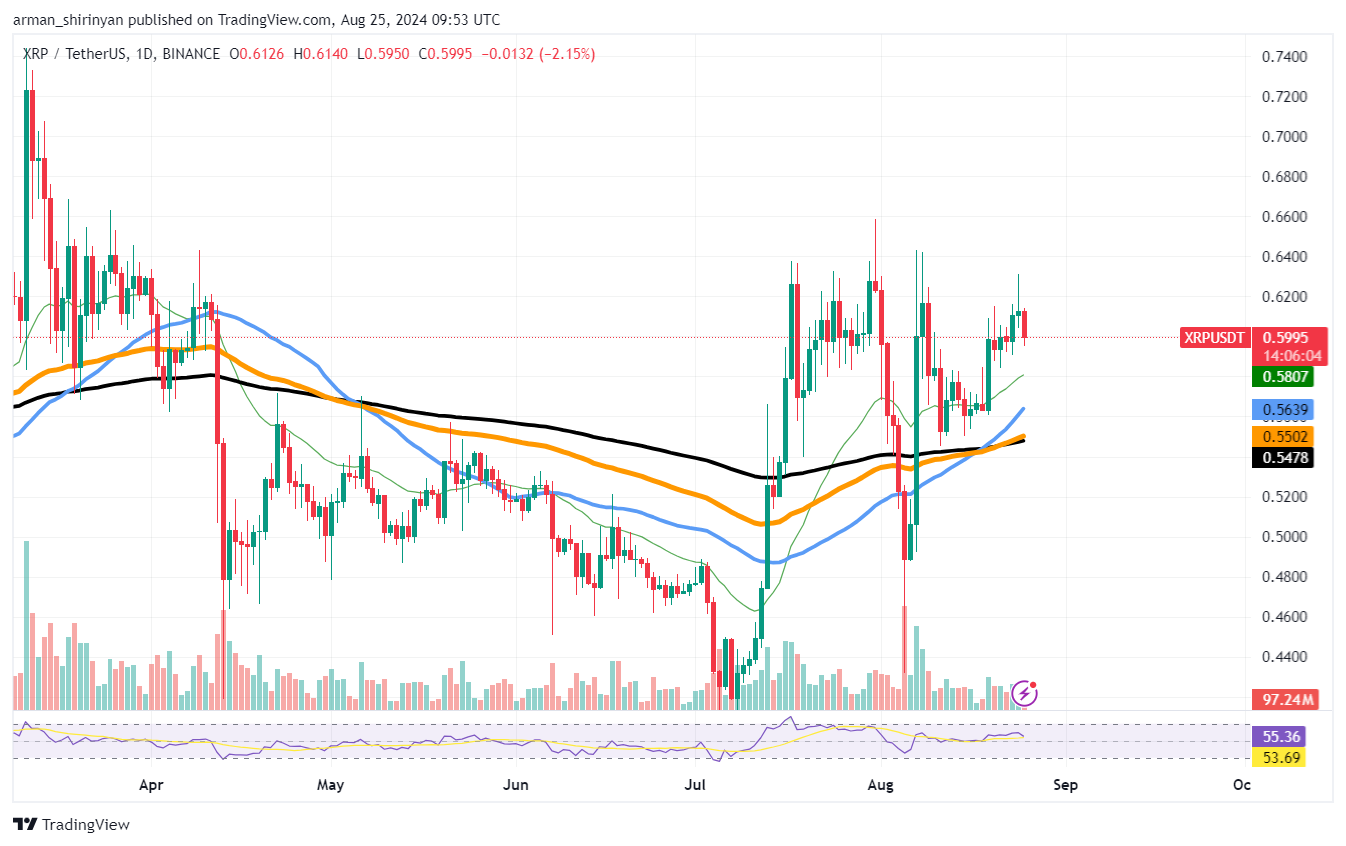A recent update in the FTX bankruptcy proceedings has stirred controversy with FTX’s unveiling of an amended proposal that includes an exculpatory clause. This clause, unveiled in FTX’s amended plan released on May 7, has garnered attention and criticism from stakeholders within the cryptocurrency community.
Key Points of FTX’s Amended Proposal
FTX’s amended plan, presented on May 7, introduces significant changes to the repayment strategy for creditors. Notably, the proposal promises substantial compensation and an 11% payout to over 98% of creditors.
However, the focal point of contention revolves around the exculpatory clause embedded within the plan.
The inclusion of the exculpatory clause has sparked criticism from creditors, notably the FTX Customer Ad-Hoc Committee representing over 1,500 creditors. Sunil, a committee member, voiced concerns over potential misconduct by S&C, citing asset sales at significant discounts and failures to restart FTX 2.0.
Allegations Against Sullivan & Cromwell
Meanwhile, Sullivan & Cromwell, a century-old law firm overseeing FTX’s bankruptcy proceedings, faces accusations of benefiting from FTX’s alleged multibillion-dollar fraud. However, it was found that FTX owed up to $1.45 billion in legal bankruptcy fees to the S&C law firm, based on compensation filings from December 2023.
Meanwhile, the creditors have raised concerns about S&C’s role and the potential conflict of interest, given its historical ties to FTX and its involvement in several key transactions.
Outrage Among Stakeholders
FTX creditors and industry experts have expressed skepticism and dissatisfaction with the amended proposal. Pseudonymous FTX creditor Rob, also head of growth at Paradex, voiced strong opposition, citing concerns over accountability and fairness.
The sentiment among creditors reflects broader apprehension regarding the proposed compensation structure and the exculpatory clause.
With the fate of FTX’s amended plan hanging in the balance, stakeholders await the outcome of the upcoming creditor vote. The decision on whether to accept or reject the proposal could significantly impact the trajectory of the bankruptcy proceedings.







